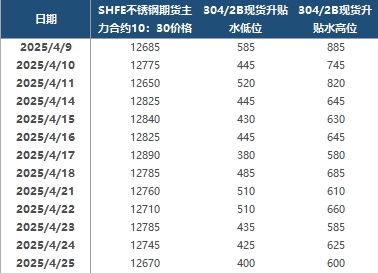The year 2025 sees a convergence between the cryptocurrency industry and traditional finance, with more and more models resembling those of Wall Street becoming accepted to facilitate cryptocurrency credibility, institutional investment, and compliance with whitepapers on regulation. This shift represents a key maturation of the crypto industry, thereby bringing credibility and trust inherent in financial systems into focus. Crypto Ecosystem Meets Traditional Finance With crypto firms bridging the gap to include entrenched financial institutions also called TradFi, this insinuation is becoming explicit.
Gracy Chen, CEO of Bitget, voiced that increasing synergy is noted between the sectors. Crypto platforms are now essentially offering traditional investment products, such as ETFs, to attract additional investors. So it is not just about products; it is about how to operate with Wall Street levels of discipline when it comes to regulations.

Industry-wide, this is a move intended to engender confidence with investors who know well the stability and regulation of traditional markets . Institutional Adoptions and New Regulation Gross institutional interest for cryptocurrency has surged following the introduction of regulated investment vehicles. An example is that BlackRock's iShares Bitcoin Trust (IBIT) has gathered more than $18 billion in assets, truly indicating heavy institutional demand right away.
Regulatory bodies have shifted from their restriction of such acts. The reverse order by the U.S.
Securities and Exchange Commission (SEC) that does not prevent banks from holding digital assets means that traditional financial institutions may now offer crypto custody services without penalties. This shift in regulation has encouraged crypto firms to gradually align with Wall Street models that prioritize regulatory compliance while expanding the existing service with products familiar to traditional institutions. Strategic Moves by Crypto Firms Kraken: The firm in March 2025 announced the acquisition of Ninja Trader, a retail futures-trading platform-for $1.
5 billion. The move signifies Kraken's interest in broadening its value offerings to appeal to a wider field of investors. Crypto.
com: The firm has further diversified its activities to incorporate stock and ETF trading, marking a strategic pivot toward traditional financial products that seek to appeal to investors who want one platform to handle both crypto and conventional assets. Upexi: The Tampa-based company reported a 335% rise in its stock value after announcing a plan to raise $100 million to build a treasury of Solana tokens. The move is in the same vein as MicroStrategy's large-scale Bitcoin purchases, hinting that more companies are beginning to incorporate crypto assets into their financial schemes.
Political Support and Market Confidence Political developments have also played a role in this convergence. Under President Donald Trump's administration, there has been a notable shift towards a more crypto-friendly regulatory environment. The reversal of restrictive SEC guidance and the appointment of crypto-supportive officials have bolstered market confidence.
This political backing has encouraged both crypto firms and traditional financial institutions to explore collaborative ventures, further blurring the lines between the two sectors. The adoption of Wall Street models by crypto firms represents a strategic evolution aimed at enhancing legitimacy, attracting institutional investment, and ensuring regulatory compliance. This trend signifies a maturation of the cryptocurrency industry, positioning it for sustained growth and integration into the broader financial ecosystem.
.















